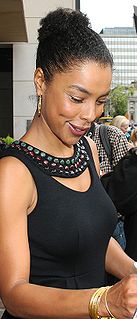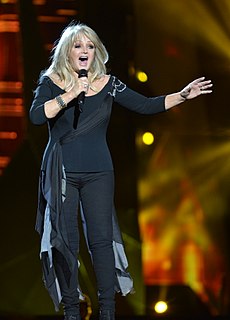A Quote by Denise Mina
I think the class divide is going to change. I think a lot more working class people are going to get published. It is really class ridden, literature.
Related Quotes
I think anything we do outside of Gym Class Heroes still falls under the Gym Class Heroes umbrella. There's really no method to the madness. With Gym Class, it's more of a democratic process, and when I'm working on solo stuff, it's just me, either working with producers or sitting in a room by myself. They balance and complement each other.
There should be a class on drugs. There should be a class on sex education-a real sex education class-not just pictures and diaphragms and 'un-logical' terms and things like that.....there should be a class on scams, there should be a class on religious cults, there should be a class on police brutality, there should be a class on apartheid, there should be a class on racism in America, there should be a class on why people are hungry, but there are not, there are classes on gym, physical education, let's learn volleyball.
I suppose I don't have to work, but I do love working. I class myself as a working-class girl, and I've never stopped working. When I'm offered shows here, there and the other, I do an awful lot because I feel other people would love to be offered what I'm offered; who am I to say no? I'm definitely working class, and I always will be.
The dominant, almost general, idea of revolution - particularly the Socialist idea - is that revolution is a violent change of social conditions through which one social class, the working class, becomes dominant over another class, the capitalist class. It is the conception of a purely physical change, and as such it involves only political scene shifting and institutional rearrangements






































